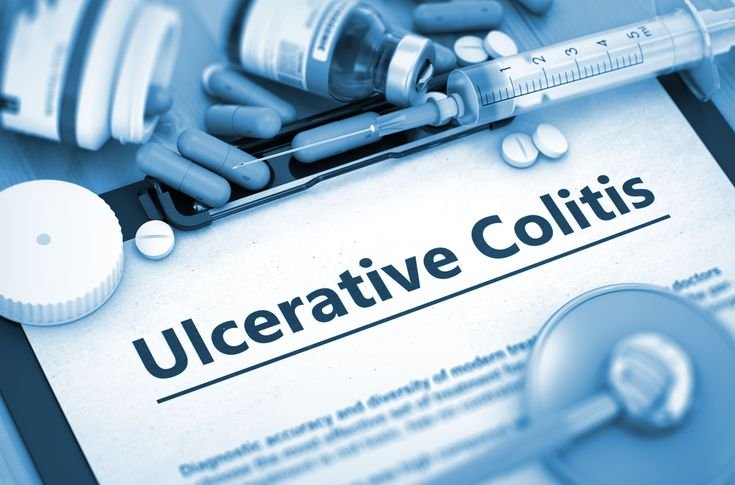Ulcerative colitis is a chronic inflammatory bowel disease (IBD) that affects the lining of the large intestine (colon) and rectum. It causes irritation and ulcers in the digestive tract, leading to symptoms like abdominal pain and frequent diarrhea. If left untreated, ulcerative colitis can lead to severe complications. At Desai Surgical Hospital, Vadodara, we offer comprehensive care for ulcerative colitis, helping patients manage symptoms and improve their quality of life. Our team, led by Dr. Jitendra Desai and Dr. Malhar Patel, is dedicated to providing effective treatment options for patients suffering from this condition.
Symptoms of Ulcerative Colitis
Ulcerative colitis can present a range of symptoms, which can vary in severity. The most common symptoms include:
- Abdominal pain and cramping: Often associated with the passage of stool.
- Frequent diarrhea: This is often bloody, as the disease causes inflammation in the colon.
- Fatigue: Due to blood loss from diarrhea and inflammation.
- Weight loss: Unintended weight loss due to malabsorption and decreased appetite.
- Rectal bleeding: Bloody stools or blood in the toilet bowl.
- Urgency to have a bowel movement: A feeling of needing to rush to the bathroom.
If you notice these symptoms, it’s important to seek medical care early to prevent complications.
Causes of Ulcerative Colitis
While the exact cause of ulcerative colitis is unknown, several factors may contribute to its development:
- Genetic factors: A family history of ulcerative colitis or other inflammatory bowel diseases may increase the risk.
- Immune system dysfunction: In ulcerative colitis, the immune system attacks the lining of the colon, leading to inflammation.
- Environmental factors: Certain environmental factors, such as diet, stress, or infections, may trigger flare-ups in susceptible individuals.
Diagnosis of Ulcerative Colitis
To diagnose ulcerative colitis, a combination of tests and evaluations are used. These may include:
- Colonoscopy: A procedure in which a flexible tube with a camera is inserted into the colon to look for signs of inflammation and ulcers.
- Biopsy: During a colonoscopy, tissue samples may be taken to confirm the diagnosis.
- Blood tests: To check for signs of anemia or infection.
- Stool tests: To rule out infections that might cause similar symptoms.
Treatment of Ulcerative Colitis
The treatment for ulcerative colitis focuses on controlling inflammation, managing symptoms, and preventing flare-ups. Treatment options include:
- Medications:
- Anti-inflammatory drugs such as aminosalicylates.
- Immunosuppressive drugs to reduce immune system activity.
- Biologic therapies for moderate to severe cases.
- Corticosteroids for short-term flare-ups.
- Dietary changes: A healthy diet may help manage symptoms and avoid triggers.
- Surgery: In severe cases, where medications fail to control the disease, surgery may be necessary. This could involve removing the colon (colectomy) to stop the disease from spreading.
At Desai Surgical Hospital, Dr. Jitendra Desai and Dr. Malhar Patel specialize in minimally invasive treatments and surgeries, ensuring patients receive the most effective care for managing ulcerative colitis.
Contact Us
If you are experiencing symptoms of ulcerative colitis, don’t wait for the condition to worsen. Early diagnosis and treatment are key to effective management.
Address: Desai Surgical Hospital, Near G.P.O Kharivav Road, Dandia Bazaar Rd, Raopura, Vadodara, Gujarat 390001
Phone: 0265 243 5153
Reach out to our expert team today and take the first step toward better digestive health.

